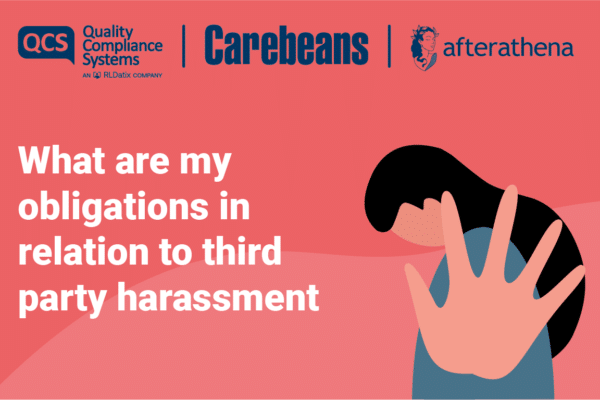 Memories can be triggered by different sensations; a song, an image, an item of clothing. Using different senses to help with transition can make for some unusual practice.
Memories can be triggered by different sensations; a song, an image, an item of clothing. Using different senses to help with transition can make for some unusual practice.
I have become rather nervous of late when I encounter one young man I know as he uses his senses in ways that can confound people. Ben is totally blind, with learning disability and severe autism, so the day to day business of going from A to B presents him with more than the usual challenge. Ben has learned to use his other senses to navigate his world, to identify places and people and understand the business of transition.
A good nose
The other day, a colleague arrived at work out of puff, as she had been delayed by traffic and was racing to get to a meeting. On the way in, Ben had been passing her and, as is customary, she had stopped briefly to say hello to him.
“Hello Alison”, Ben replied in his loud monotone. “Alison has been running.”
“Yes, I’m out of breath!” she replied.
Ben was unmoved. “Alison smells sweaty,” he opined.
Variously, he has identified people’s recent movements in this way of late; Sally smells of bread, Kelly smells of showers, Archie smells of toast. We have all become very wary of his ultra-sensitive nose and general absence of tact. Any day now, someone will be outed as a secret smoker, or worse!
Using smell as a trigger
The importance of smell in our memory, imagination and consciousness cannot be overlooked. Think about the way you can be transported back to childhood by the smell of cooking cabbage, or cut grass, or your mum’s washing detergent. The smell of perfume can make us sentimental (or nauseous, depending on the circumstance!)
We all have favourite smells, also those we find especially repellant. We are told that we can improve the chances of selling our house if we bake bread or brew coffee during a viewing. Smell is important, and if you have no vision and limited understanding it can be a strong and powerful means of understanding the world.
Using smell as a transition support tool
One way we have used smell in helping people with sight loss and learning disability in transition is to take their used bedlinen and place it on the bed of their new room. Also, not laundering all of their clothes means that a familiar smell remains with them where everything else is different. We ask the staff who are supporting their transition to use the same soap, cologne and antiperspirant every day they work with the person. If possible, we ask them to wear the same clothes for a few days too.
You may be recoiling in horror at this idea, but consider the needs of a person who cannot see where they are and has to understand changes in terms of voices, sounds, surfaces and environments. Sameness is safe, and something they can rely on. In the same way I ask my staff to consider their personal hygiene when supporting people in close personal care, we remember that familiar smells can help place people and make them recognisable.
If you are supporting someone with sensory loss and learning disability, consider the ways you can help use the senses they have to help compensate for those they lack. Even if this is uncomfortable for you to contemplate!






